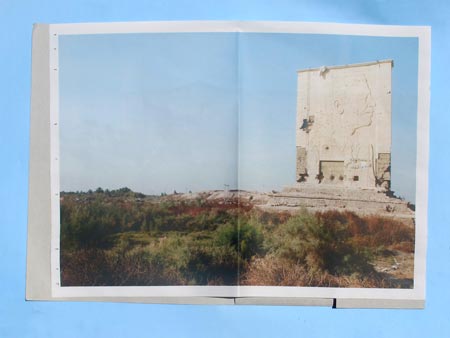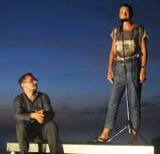Volcano Extravaganza 2012 – Giovanna Silva / Andrea Viliani
Giovanna Silva / Andrea Viliani,
Baghdad / Kabul, talk
August 2, La Lunatica, Stromboli
Volcano Extravaganza 2012
Volcano Extravaganza 2012 - Paolo Di Landro
Volcano Extravaganza 2012 - Michael Sanchez
Volcano Extravaganza 2012 - Ei Arakawa and Sergei Tcherepnin
Volcano Extravaganza 2012 - Stuart Comer
Volcano Extravaganza 2012 - Ketuta Alexi-Meskhishvili
Volcano Extravaganza 2012 - Thea Djordjadze
Volcano Extravaganza 2012 - Andreas Reihse
Volcano Extravaganza 2012 - Emily Sundblad and Ken Okiishi
Volcano Extravaganza 2012 - Florence Derieux
Volcano Extravaganza 2012 - Emily Sundblad
Volcano Extravaganza 2012 - Mark Nash
Volcano Extravaganza 2012 - Andrea Viliani / Giovanna Silva
Volcano Extravaganza 2012 - Karl Holmqvist
Volcano Extravaganza 2012 - Paulina Olowska
Volcano Extravaganza 2012 - Danny McDonald
Volcano Extravaganza 2012 - Simone Reiner
Volcano Extravaganza 2012 - Than Hussein Clark
Volcano Extravaganza 2012 – Interno 4
Volcano Extravaganza 2012 - Idan Hayosh
Volcano Extravaganza 2012 - Andro Wekua video
Volcano Extravaganza 2012 - Andro Wekua
Volcano Extravaganza 2012 - Crystal Z Campbell
Volcano Extravaganza 2012 - Nick Mauss
Volcano Extravaganza 2012 - Exhibition
Back













